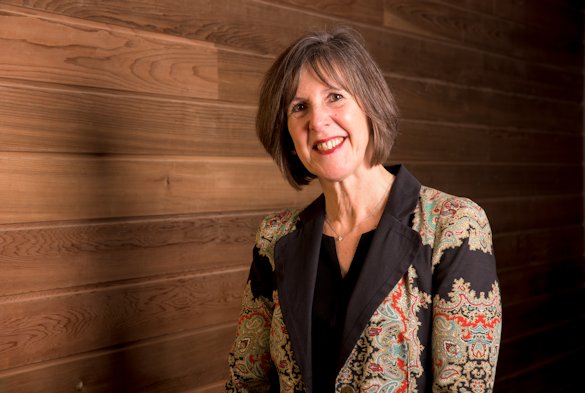Universities UK (UUK) have published recommendations to universities (Friday, 21 October 2016) on dealing with violence against women, harassment and hate crime affecting university students.
The recommendations are the result of a taskforce set up by UUK last year to examine these issues. The taskforce consisted of university leaders, student representatives and academic experts. The group considered harassment in all its forms but focused particularly on issues of sexual violence and harassment.
Vice-Chancellor Professor Janet Beer, writing for UUK, explains the importance of the report:
“A clearly stated commitment from the most senior leaders in our universities to confront violence against women, harassment and hate crime is critical if we are to tackle such incidents.
It is in that spirit that I, along with all Universities UK members, welcome today’s report of the UUK Taskforce examining violence against women, harassment and hate crime affecting university students.
The will to tackle perceived behavioural norms and conventions is likely to require institutional culture change, but no-one can achieve such culture change alone – leadership at all levels of the organisation will need to be ready to challenge the status quo. Such challenge needs to be visible to give confidence to the students on our campuses today that we are all working together to achieve lasting societal change.
Incidents of harassment, hate crime and sexual violence can happen anywhere and it would be naïve to think that such incidents do not take place both on and off campuses and affect our students across the UK; however, the lack of clear reporting means that problems are often hidden.
Creating an environment which encourages people to speak out
Clear leadership is required to create an environment in which reporting is encouraged and where students feel safe and are supported when they come forward.. An increase in the number of reports may mean that vice-chancellors and other senior leaders may have to defend their institution’s position to their local community and, indeed, nationally. But high numbers of reports do not mean that one institution has a higher level of incidents than another. It is much more likely to indicate that a culture has been developed in which it is easier for people to speak out. Accurate reporting figures are a crucial step towards understanding the issues and addressing the problem.
Senior leadership in this area will provide visibility and send an unequivocal message to students and staff that harassment, hate crime and violence against women are extremely serious matters. At the University of Liverpool, I supported the Guild of Students ‘Call it Out’ campaign video which encouraged students to speak up and call it out when they witness oppressive behaviours or sexual harassment on campus.
Driving cultural change through senior leadership
Senior leadership will set expectations and encourage staff to take part in new initiatives to tackle these unacceptable behaviours and attitudes. Setting an example from the top will drive the culture change we need, not only on our campuses but in wider society too.
Culture change requires coordinated communication. This year, all first year students moving into our halls were shown the Cup of Tea video about consent as part of their induction. This was followed up with reminders about expected standards of behaviour as part of the formal university welcome talks. These messages set the institutional tone but more nuanced work is required to achieve systemic change.
Empowering students to own the agenda
Student leaders are also critical to achieving culture change; institutional messages are much more powerful when backed up by challenge from peers. This year we provided consent training to over 800 student leaders from our societies and sports clubs. The members of two sports clubs which have historically had cultural issues in relation to harassment have also taken part in consent workshops. These workshops were very well received by participants and provided opportunities to talk about the problem. Working in partnership with specialist charities and the Guild was key to reaching a large number of student leaders and we will continue with this approach.
Setting expectations with these student leaders and targeting groups where there are known issues thus empowers students themselves to be agents of change – talking to their peers and demonstrating the values of the university through their own behaviour. This approach has been supported by students and gives them greater ownership of the agenda. This is particularly important in a culture where many young women and men believe that sexual harassment – particularly online – is part of life and expect to have to tolerate or, at best, ignore it.
Students who challenge this acceptance are viewed as brave by their peers. We need to support these brave individuals and ensure they know that there are others who will stand with them on every campus in the country.”
WATCH Professor Janet Beer speaking at the UUK conference on tackling violence against women and harassment:
